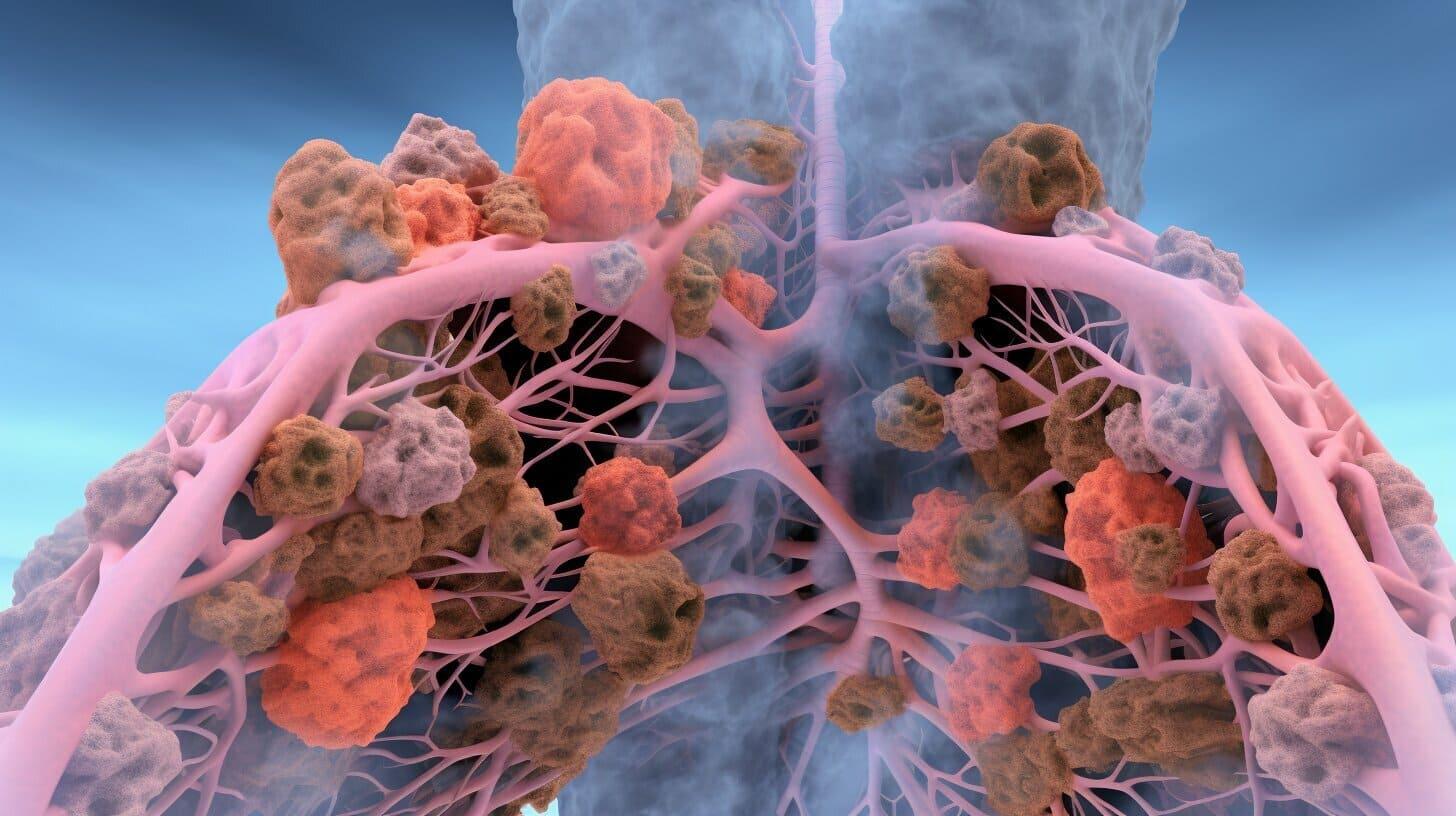KEY TAKEAWAYS
- The study aimed to reassess diagnostic methods and compare discordant and concordant ALK samples in NSCLC.
- The results showed complex ALK patterns in NSCLC cases with negative protein expression, indicating broader genetic changes.
Anaplastic Lymphoma Kinase (ALK) rearrangement is a significant driver mutation, crucial in Epidermal Growth Factor Receptor (EGFR) unmutated non-small cell lung cancer (NSCLC) cases. However, discrepancies can arise when using different detection methods, such as immunohistochemistry (IHC) and fluorescence in situ hybridization (FISH).
Katarína Tobiášová and the team aimed to reevaluate the methods used and compare the discordant samples to the positive concordant ones to better understand the differences.
They performed ALK detection on 2813 EGFR-unmutated NSCLC cases using both IHC (VENTANA® anti-ALK D5F3) and FISH with the ALK break apart and the ALK/EML4 fusion probe (ZytoVision, Bremerhaven, Germany).
The study identified 33 positive discordant cases (FISH-positive, IHC-negative) and 17 negative discordant cases (FISH-negative, IHC-positive). FISH signal variants were then examined, with patterns of ALK rearrangement categorized into 1, 2, or 3 patterns. Next-generation sequencing (NGS) was also conducted on a subset of discordant cases.
The results indicated a pattern of ALK rearrangement, found in 41.4% of positive discordant cases. Similarly, 2 patterns in 48.3% and 3 patterns in 10.3% of analyzed samples indicated a higher variability and more significant number of ALK copy gains compared to positive concordant cases, which predominantly displayed 1 pattern in 82%, 2 patterns in 17.8%, and 3 patterns in 0.6% of analyzed samples.
The association between the number of patterns and concordance/discordance was statistically significant (P<0.05). NGS analysis identified ALK fusion in 1 positive discordant and 2 negative discordant cases from 11 positive discordant and 2 negative discordant cases. It was noted that positive protein expression correlated more strongly with a positive NGS result than a positive FISH result with negative protein expression.
This study concluded that FISH can uncover complex or heterogeneous patterns of ALK rearrangement in NSCLC cases with negative protein expression, which might indicate broader genetic changes rather than a genuine ALK rearrangement.
Funding was provided by project ITMS 313011V446.
Source: https://pubmed.ncbi.nlm.nih.gov/39125737/
Tobiášová K, Barthová M, Janáková Ľ, et al. (2024). “Discordant ALK Status in Non-Small Cell Lung Carcinoma: A Detailed Reevaluation Comparing IHC, FISH, and NGS Analyses.” Int J Mol Sci. 2024 Jul 26;25(15):8168. doi: 10.3390/ijms25158168. PMID: 39125737; PMCID: PMC11312000.



